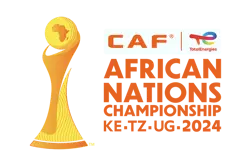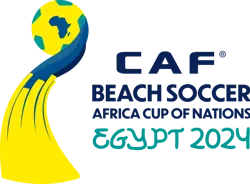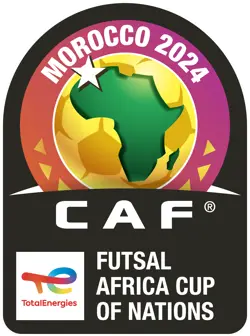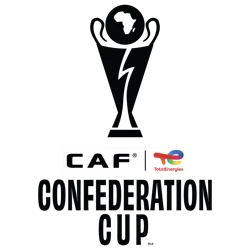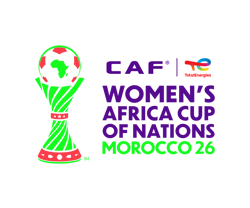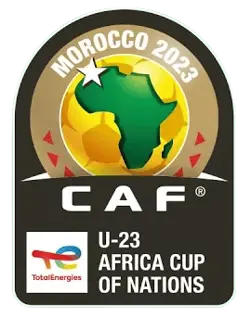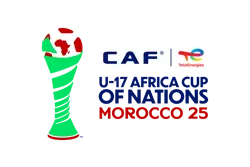Sudan coach Kwesi Appiah: “We are here to compete, not just to participate”
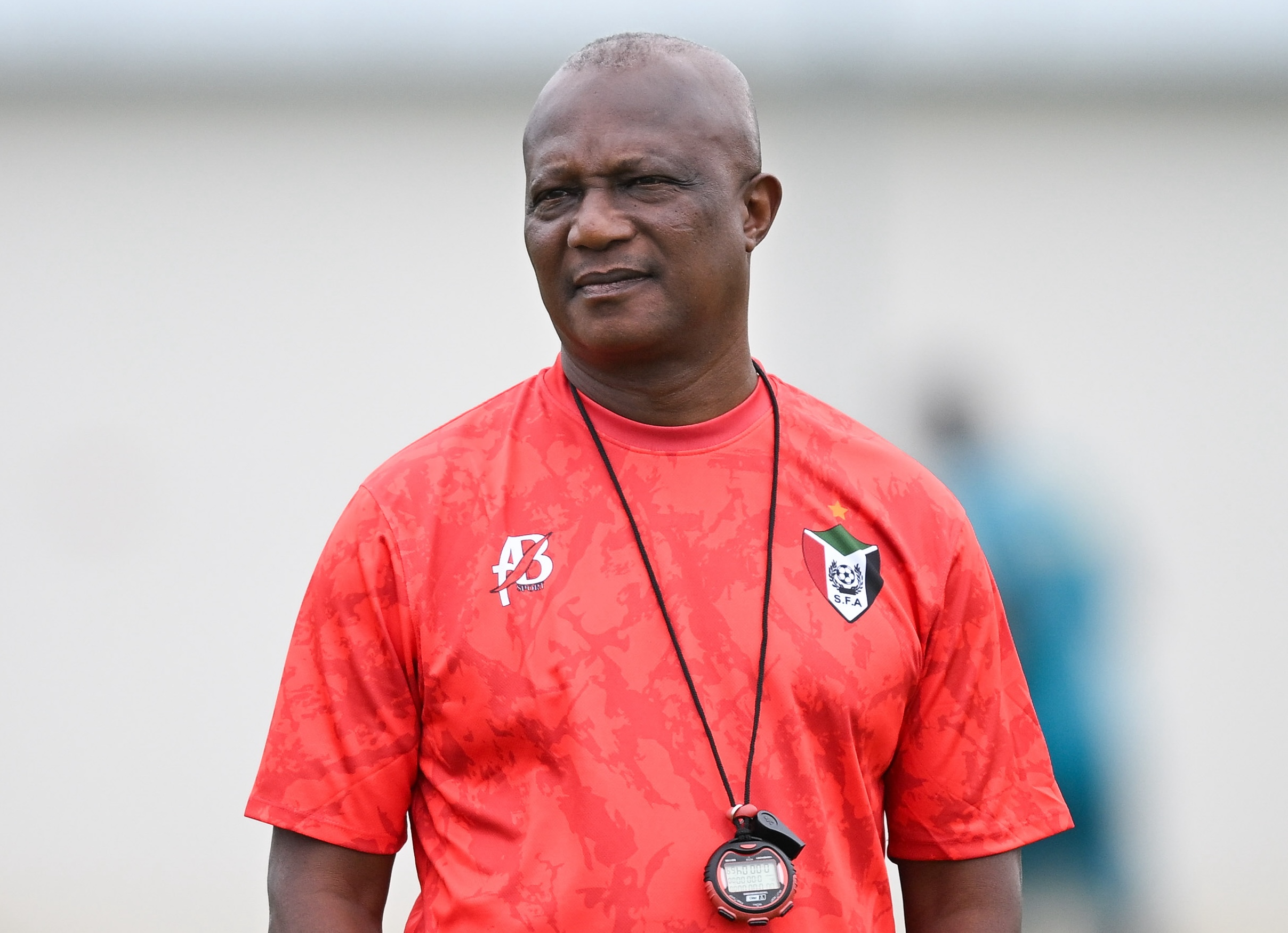
War-torn Sudan will arrive at the TotalEnergies CAF Africa Cup of Nations Morocco 2025 with a story of resilience that transcends football.
Against all odds, the Nile Crocodiles sealed qualification for December’s finals, edging out Ghana in their group despite being forced to play all their “home” matches abroad due to conflict at home.
At the centre of this remarkable achievement is James Kwesi Appiah, a familiar face in African football. The 64-year-old Ghanaian tactician led his own country at the 2014 FIFA World Cup and has guided Sudan with a calm authority during one of the nation’s most turbulent periods.
Sudan are in a daunting Group E alongside Algeria, Burkina Faso and Equatorial Guinea — three sides with World Cup and AFCON pedigree. Yet Appiah remains confident that his blend of youthful energy and home-grown determination can make a statement.
For a country with no domestic league for over two years and players scattered across Africa and beyond, simply qualifying is a triumph. But as Appiah makes clear in this exclusive interview, Sudan are not coming to Morocco as passengers.

CAFOnline.com : Sudan qualified for AFCON in remarkable fashion, eliminating Ghana. How do you reflect on that achievement?
Kwesi Appiah : It was very special, especially given the circumstances. Many people expected Ghana to qualify, but football has changed — no one can be taken for granted anymore. Of course, as a Ghanaian, I would have liked both teams to qualify, but my job is with Sudan. The players showed great commitment and deserved this success.
Qualification was achieved despite the war at home. How difficult has it been to manage the team in these circumstances?
It has been extremely tough. For more than two years, Sudan has had no league football, so selecting players has been challenging. We always had to play away from home, but the key was to change the players’ mentality — to make them see every venue as “home” and give their best for the people of Sudan. The commitment of those from Al Hilal and Al Merreikh, along with others based in Africa, was crucial.

How has the absence of a domestic league affected your preparations?
It’s been a huge obstacle. Almost all our players are based locally or in neighbouring countries, with a few in Malaysia and Libya. Without a functioning league, you rely on commitment and hard work in camp. My technical team has also been working tirelessly despite the challenges, and that unity has helped us succeed.
What does Sudan’s preparation for AFCON look like now?
We are monitoring a few players abroad and plan to use the Arab Cup in November as part of our build-up. That competition will give us match practice before heading to Morocco. We may also arrange one or two friendlies before then. The focus is to get the group sharp and united.

You have been drawn in a tough group with Algeria, Burkina Faso and Equatorial Guinea. How do you approach such opponents?
We respect them, but we will not fear them. If you go into games thinking about names like Messi or Ronaldo, you lose the battle mentally before it begins. My message to the players is simple: believe in yourselves and play to prove what Sudan can do. We are here to compete, not just to participate.
If Sudan reach the knockout stages, what will be the next target?
Step by step. First, qualify from the group. After that, the aim will be to eliminate whoever we face in the knockouts. Once you get there, anything is possible.

You have vast experience coaching at World Cups and AFCONs. How do you keep your players fresh in a short, intense tournament?
Recovery is key. Players need proper rest, ice baths, massages, and good routines. They must also limit distractions like phones to get enough sleep. Managing fitness in such a packed schedule is crucial to sustaining performance.
Which Sudanese players should fans look out for in Morocco?
Our strength is in our collective energy and big hearts. Many of our young players can run tirelessly and are improving quickly. We also have one or two from abroad, including Australia, who can surprise people. Fans should expect some new names to shine.

Does qualification bring extra pressure, given the expectations of Sudanese fans at home and abroad?
Yes, expectations are high. The Sudanese people have suffered a lot, and football is giving them hope. Compared to nations with Europe-based stars, our challenge is greater, but we will give everything to make the people proud.
What message do you have for Sudanese fans who will travel to Morocco?
Sudanese are scattered across Africa due to the conflict, so I expect many to come and support us. Their presence in the stadiums will give the players great strength. I urge them to rally behind the team so we can raise the Sudanese flag together.
What headline would you love to read about Sudan after AFCON?
“Sudan – AFCON Champions 2025.” That is the dream we are all chasing.

